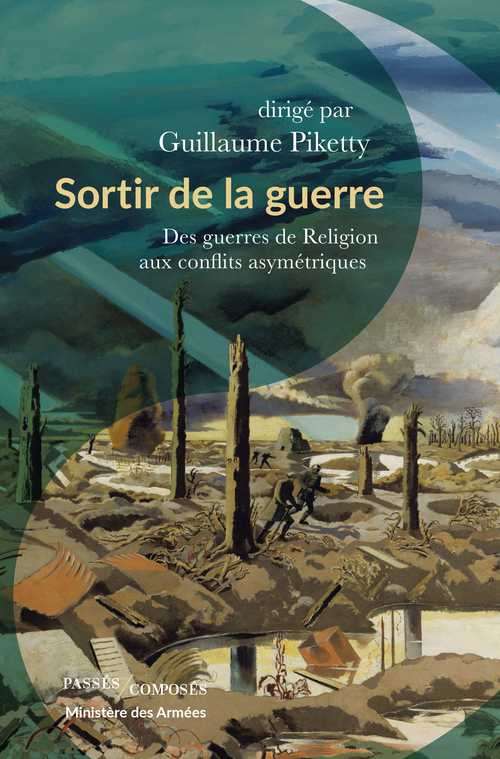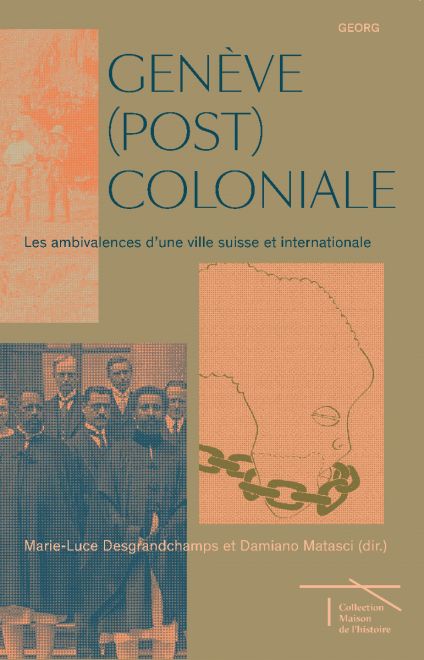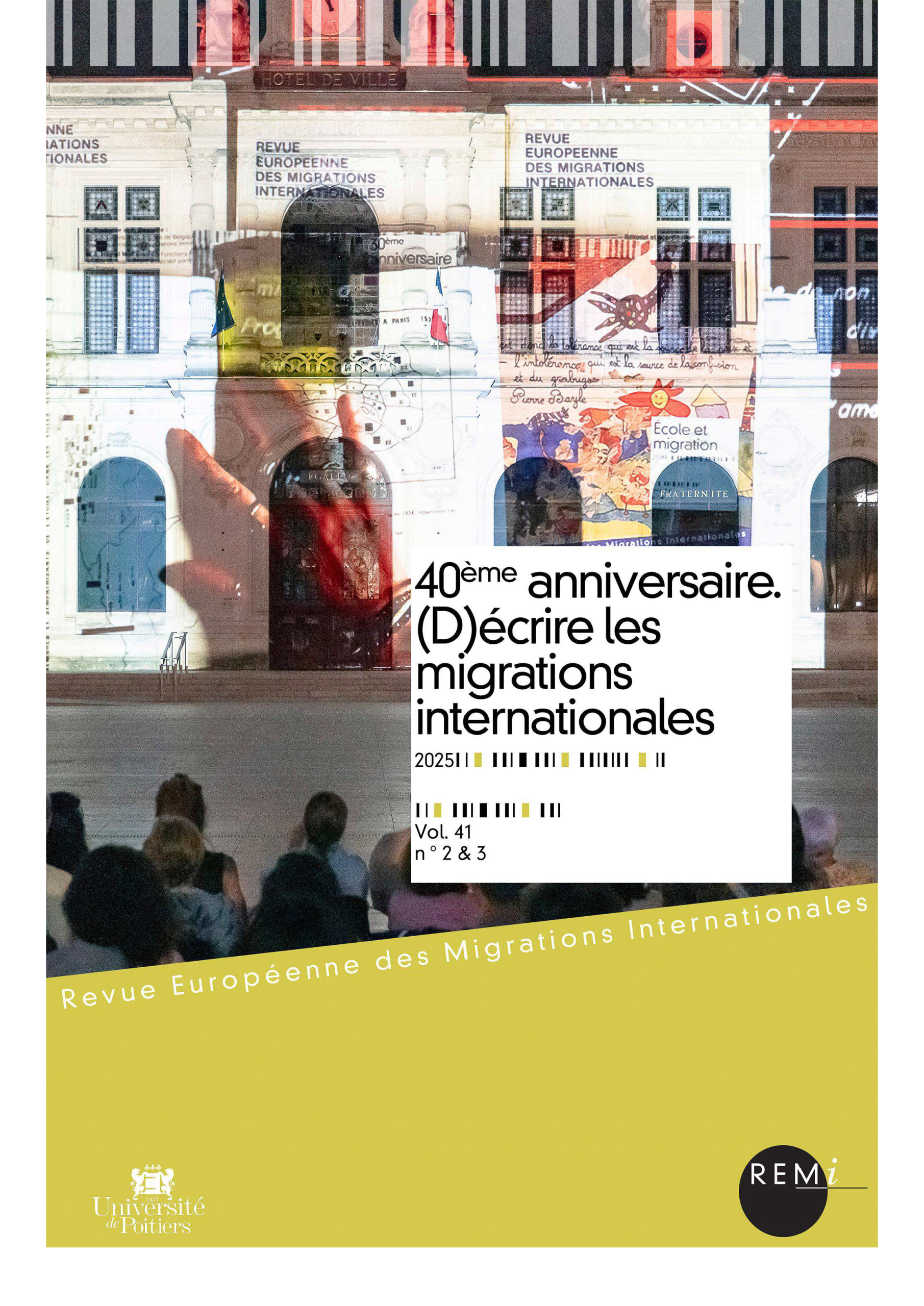Walter Bruyère-Ostells and Benoît Pouget, book chapters (Guillaume Piketty, Sortir de la guerre)

Guillaume Piketty, Emerging from war. From religious wars to asymmetric conflictsPassés Composés, 3 September 2025, 350p.
- Benoît PougetThe first industrial wars: Crimea, Italy (1859), 1870-1871".
- Walter Bruyère-OstellsRomantic exits from war
Summary:
Final acts of violence and environmental damage, occupation and cleansing policies, the return of those displaced by the conflict, the resumption of a private life in peacetime, cultural demobilisation, dealing with the physical and psychological after-effects, the mourning and remembrance process: it is now accepted that the end of a war begins before the official end of hostilities and continues long after the guns have fallen silent.
Whether we are talking about the religious or state conflicts that tore Europe apart from the fifteenth to the nineteenth century, the deep wounds of the American Civil War, the upheavals caused by the two world wars or the heavy consequences of the asymmetrical conflicts of the second twentieth century, coming out of war was and remains a complex mechanism. It was therefore necessary to look at it over the long term, both as an object of history and because of the many echoes it has today, from Ukraine to the Middle East.
This is the ambition of the authors led by Guillaume Piketty in this comprehensive, original and innovative work.
Contents :
- The Wars of Religion in Europe, by Nicolas Le Roux.
- The Thirty Years' War, by Mary Lindemann.
- From the wars of Louis XIV to the Napoleonic Wars, by Benjamin Deruelle and Bernard Gainot.
- Les sorties de guerre romantiques, by Walter Bruyère-Ostells.
- The first industrial wars: Crimea, Italy (1859), 1870-1871, by Benoît Pouget.
- The American Civil War, by Brian Jordan.
- The First World War, by Clémentine Vidal-Naquet.
- The Second World War, by Julie Le Gac.
- Asymmetric wars, by Elie Tenenbaum and Victor Louzon.
Share on
Read also


